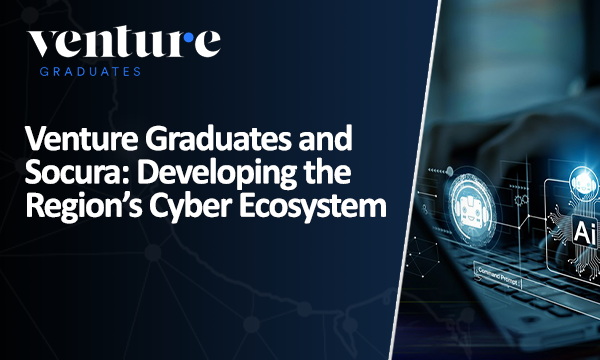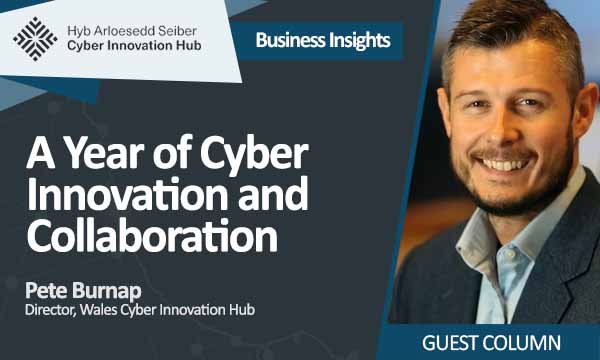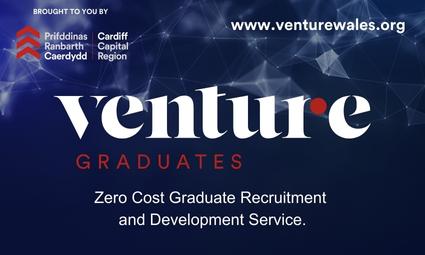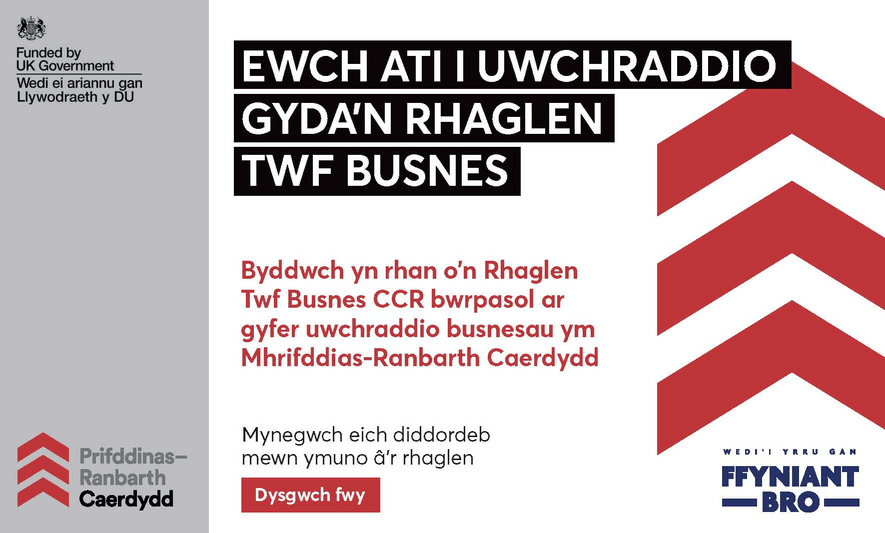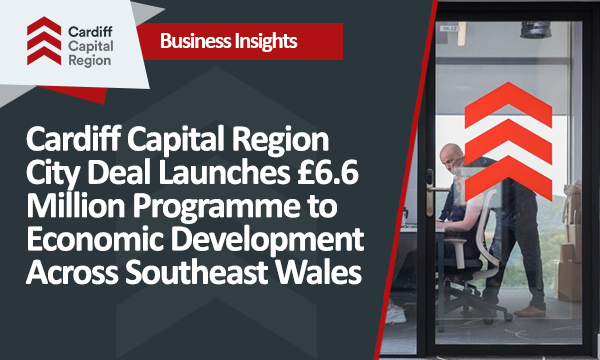When the South Wales Industrial Cluster (SWIC) secured £1.5 million funding to support the development of a comprehensive decarbonisation plan starting in February this year, it was an acknowledgement that the second largest industrial emitter in the UK (South Wales releases the equivalent of 16 million tonnes of carbon dioxide every year, through industrial and energy generation) was taking serious steps on the road to become a net zero region by 2050.
South Wales is the second largest industrial emitter in the UK
The award from UKRI’s Industrial Decarbonisation programme gave SWIC (a partnership between Welsh industry, energy suppliers, infrastructure providers, academia and public sector organisations, including companies such as ABP, Celsa Steel, Costain, RWE, Siemens, Tarmac, Wales & West Utilities) the green light to map the journey ahead in meeting one of Europe’s foremost industrial decarbonisation challenges. Lasting 26 months, the project will work across all industrial, manufacturing and energy sectors to develop holistic decarbonisation options – and create a plan to help ensure that industry in our region achieves the critical mid-century landmark.
A solid, achievable plan to decarbonise through energy efficiency, fuel switching and local energy hubs
The aim is ambitious – to create a solid and achievable plan that will decarbonise industry through energy efficiency, fuel switching and the creation of local energy hubs. This will involve exploring many avenues, such as clean energy generation and distribution, as well as carbon capture utilisation and storage – and in doing so, the plan will pave the way to secure heavy industry and manufacturing in Wales for decades to come, as well as facilitating the decarbonisation of other sectors such as domestic heating and transport. Such an aspirational vision-setting project will scope the social and economic acceptability of the options available, creating a step-by-step roadmap for the decarbonisation of all industries across our region.
The project, being led by CR Plus and entitled ‘A Plan for Clean Growth’, is effectively pulling together “Net Zero Team Wales”, creating a collaboration from the finest minds across South Wales’ industry, academia, local authorities, regional enterprises and central government.
Dr Chris Williams, who is heading up SWIC for Industry Wales, notes:
“Our industries have to know that there is a roadmap being developed, so that they can plan what to do individually. By not developing a South Wales plan we risk losing our industries to other areas that are – so this is our opportunity to create exciting new industries, as well as revitalising and sustaining our existing base.”
Creating exciting new industries as well as revitalising and sustaining our existing base
SWIC has also been granted ‘Phase Two’ funding of nearly £20m from UKRI for its Industrial Decarbonisation Challenge Deployment project, with the project also including £17.6m of contributions from the project’s industry partners. The funding follows successful completion of phase one assessments looking at decarbonisation schemes and the infrastructure required for a hydrogen economy in South Wales; with Phase Two of the project exploring the routes to decarbonisation, including the use and production of a hydrogen supply, carbon capture usage and storage (CCS) and CO2 shipping from South Wales – which would be the first CO2 shipping industry in the whole of the UK, creating an entire new industry for the region. This is very much aligned to the UK Government’s ten-point plan for a green industrial revolution – going beyond ‘just’ a carbon reduction commitment and looking to enhance the UK’s ability to locally manufacture low or net zero carbon cement and steel products, helping drive the low carbon future of UK construction and other sectors.
A huge passion and enthusiasm for Wales to lead the way
David Jukes, Programme Development Director of Costain and leader of the SWIC Deployment Project stresses that:
“There is a “huge passion and enthusiasm for Wales to once again lead the world in industrial transformation. It’s still part of our psyche in this part of Wales – and that’s helped engender a joined-up and holistic approach between all 17 partners in the SWIC Deployment project, as well as the colleagues we work with in local authorities, regional government and the Welsh government. Everyone is pulling together in the same direction; and that holds true for our counterparts in the North Wales Ambition Board, Swansea Bay City Deal and Mid Wales Growth Deal, who we continually converse with.
“The Cardiff Capital Region will play such an important part in what we’re doing” emphasises David “and not just because of the concentration of industry across South East Wales. CCR is effectively a gateway to the Midlands, to Somerset and Gloucester – and as far west as Reading. Imagine a decarbonised world where all those areas are fuelled by our region. That’s achievable – and gives an idea of the economic strength that decarbonisation can bring. But – and it’s a big ‘But’ – we have to start realising that scenario right now.
We either ride the decarbonisation wave and enjoy £2bn-£4bn investment every year for 29 years – or we miss it
“There is a world-wide wave about to happen and Wales has the opportunity to ride that wave. If we miss it, we’ll miss the opportunity to enjoy the benefits of anywhere between £2bn and £4bn additional investment in South Wales every year, for the next 29 years. It’s our opportunity to create sustainable skills and highly-paid aspirational jobs that can be a catalyst that will transform Wales, socially and economically. We already have world-class people working as decarbonisation and hydrogen experts in our universities – and world-leading facilities such as the Cardiff University Gas Turbine Research Centre in Port Talbot and the University of South Wales Hydrogen Research Centre led by John Maddy. We either take control of our decarbonisation or it will be done to us and someone else will enjoy the advantages that go with it. It is a race to zero, in so many ways.”
We need to bring people with us – for them to hold us to account
“We also need to bring every citizen with us” stresses David. “There will be a lot going on in the next few years – such as our work with the Uskmouth Power station, which will produce power from the combustion of waste-derived fuel pellets and our feasibility studies for building a hydrogen Clean Growth Hub in one of our local ports – but there will be little visible change for quite some time. During that time, we need to make sure we engage with all communities so that they know what is happening around them – and their part in it. That’s one of the reasons why we have forged such a positive relationship with Sophie Howe, the Commissioner for Future Generations here in Wales. This is all about building a new future – and the SWIC Future Leaders Group (modelled on Sophie’s ‘Emerging Leaders’ programme) will be bringing through that new generation of leaders – they’ll be living with the impact of the actions we take today and they must be able to hold us to account.”
We’ll only catch that wave if we’re working together
“The SWIC partners have nominated the first cohort of the SWIC Future Leaders Group – and they will have real work to do, investigating and advising how we can maximise and best capitalise on COP26, the UN Climate Change Conference, being held in Glasgow in November. The overall aim is to create ‘Informed Advisers’” explains David, “people who understand how their own companies work, how the political landscape affects that work; and ultimately what needs to be communicated to every community, to inspire them to get involved and stay engaged. That’s critical, as this is for everyone – and we’ll only catch that wave and build a better future if we’re working together.”




